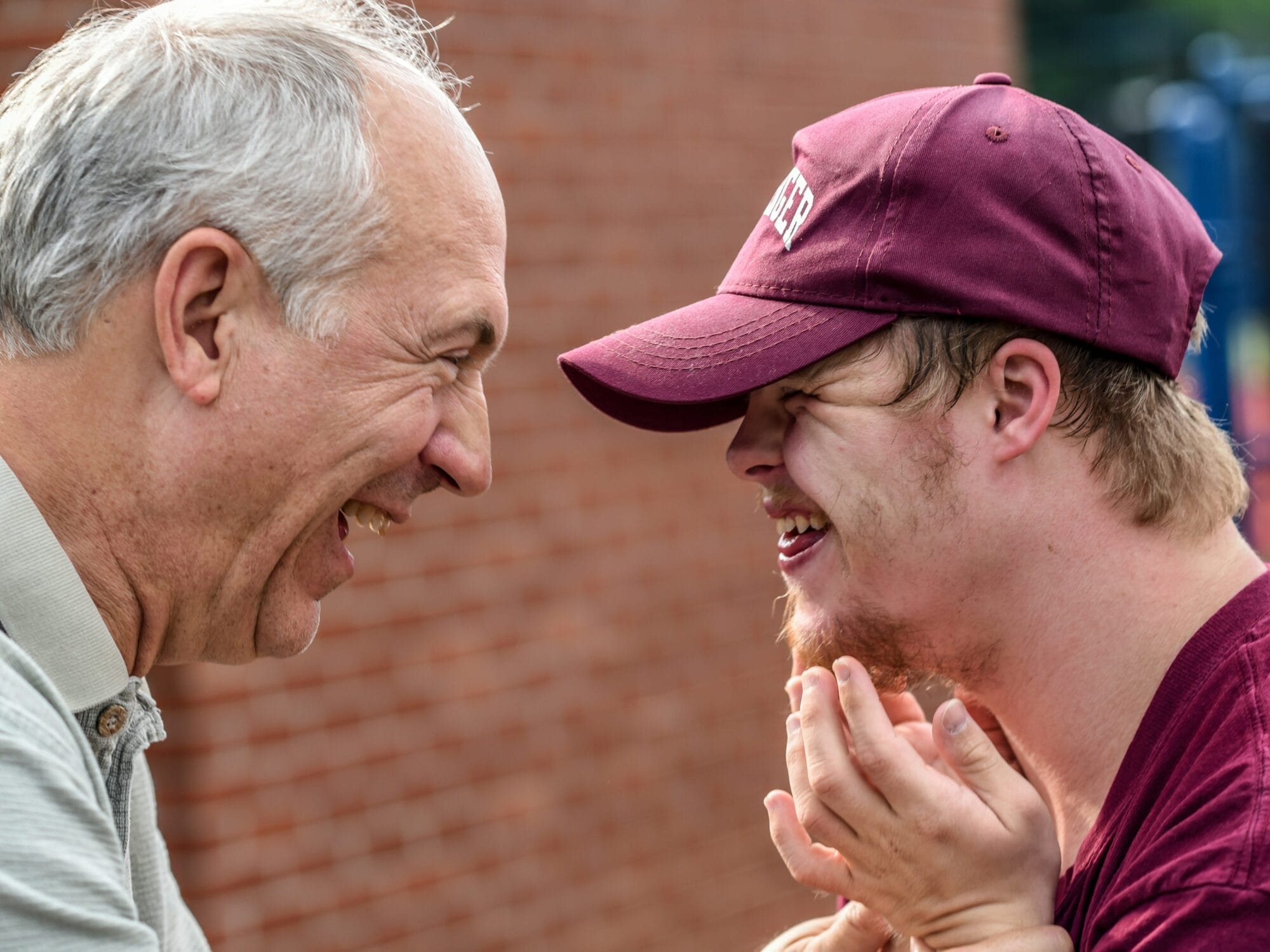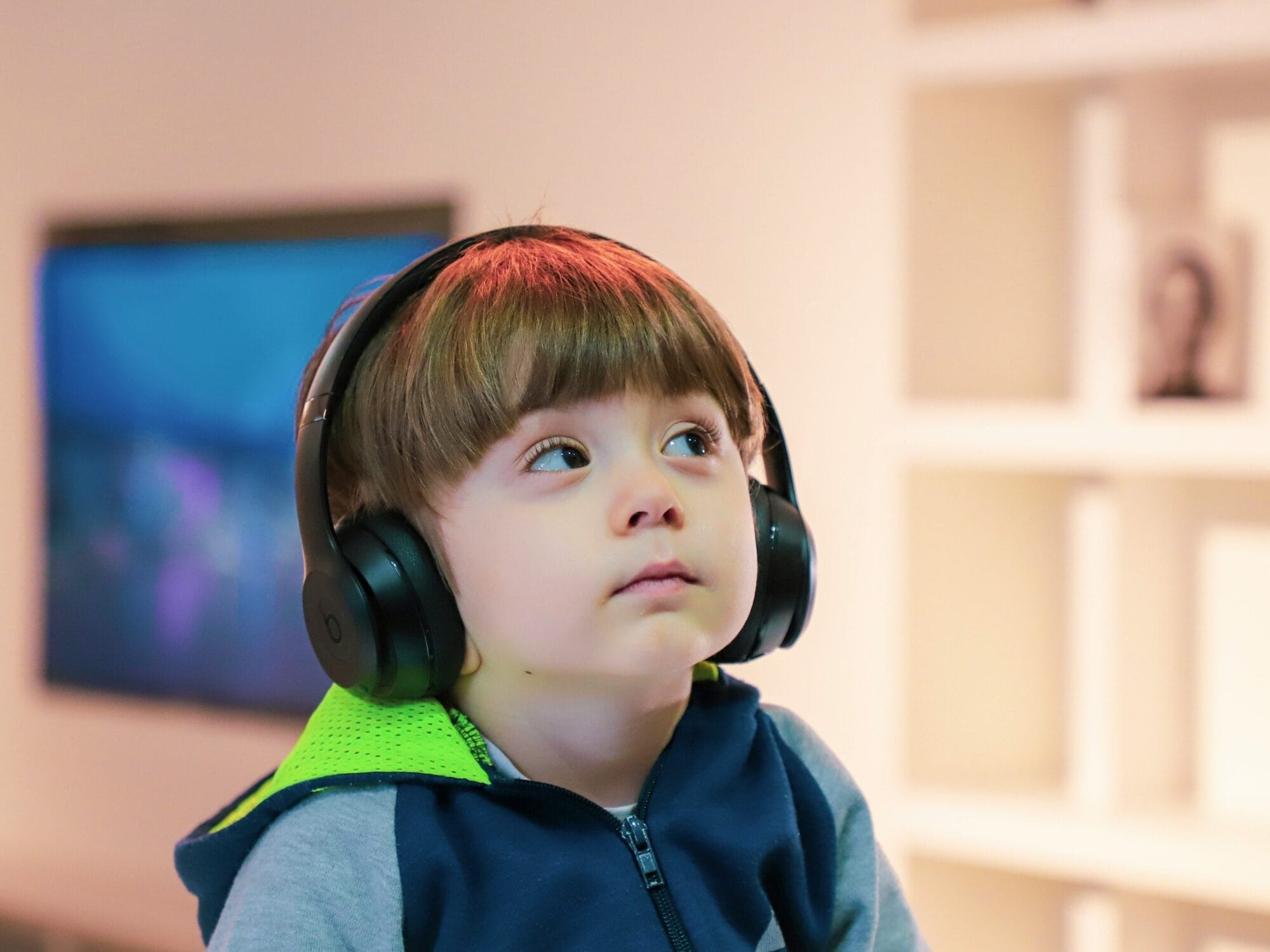ABA Enhancement’s Speech and Language Department strives to provide access to communication and support for all clients. We believe that communication is a right, not a privilege, and support all forms of communication. Individualized support is provided through evidence-based practice, a neurodiversity-affirming mindset, and collaboration with other professionals. At ABAE, you can receive speech and language evaluations, speech and language treatment, early intervention support, AAC implementation, parent training and so much more. We look forward to meeting you and enhancing your loved-ones communication skills!
Assessment Process
- Comprehensive evaluation of speech, language, and cognitive communication
- Informal and formal assessment measures
- Play-assessments (play and language learning go hand in hand)
- Parent and professional input
- BCBAs, teachers, school SLPs, OTs, etc.
- Play-based and regulation-focused sessions to promote comprehensive observation of skills
- AAC consideration for non-speaking/limited-speaking individuals
- Interdisciplinary meeting will go over assessment report, levels of communications, areas in need of support, and goals
Therapy Sessions
- Typically, 60-minute individual sessions
- Sensory-regulation strategies
- Play-based/client-led strategies
- Literacy activities
- Parent training
- Resources to continue practicing at home
Values

Better Together
The SLP department at ABAE promotes interdisciplinary collaboration for the benefit of the client. Sometimes professionals have different opinions on what is best for a client, but we will always work with each other and with each family to provide client-centered care. In fact, there can be some overlap. If communication is a significant barrier for behavior, the SLP and the BCBA should be working together for the betterment of the client. Both the BCBAs and the SLPs can bring value to a support system for the client!

Neurodiversity-Affirming Care
Being autistic is not “wrong” nor is it something that needs to be “fixed.” The SLP department seeks to support clients where they are at with their communication needs. The goal is not to make an autistic individual “normal” but instead to provide them with the tools they need to be as successful and independent as possible! This includes teaching self-advocacy skills.

Strength-based Intervention:
No two people are alike. Rather than focusing on a client’s “deficits,” we build on their strengths and then provide additional support where needed. You will see wording in this way. Instead of, “The client demonstrates rigidity and inflexibility,” you may instead read, “The child demonstrates further success with familiar routines and known expectations.” These ways of changing wording allow us to see the communication skills that each client does have.

Communication is Communication
We all communicate in various ways, not just through speaking. We text, write, point, and use facial expressions. In the same way, the SLP team at ABAE promotes multi-modal communication. This means that we encourage and accept all forms of communication from our clients, whether that is speaking, pointing, sign language, or use of a high-tech AAC device! Again, the goal is communication, not “looking like everyone else.”
